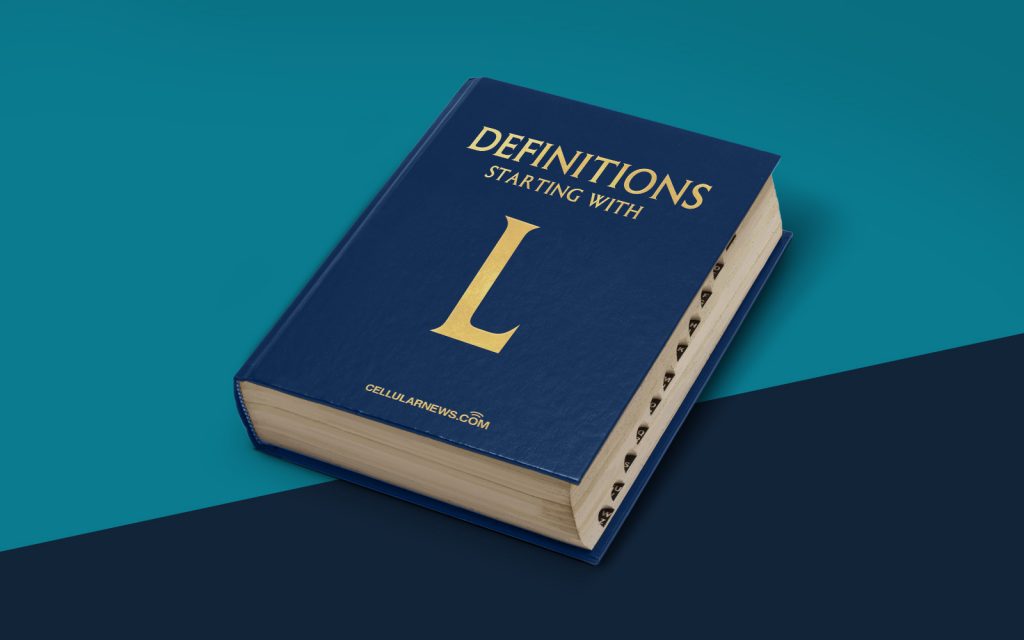
What is a Loop Variable?
Welcome to the Definitions category on our blog! In this post, we’re going to dive deep into the world of programming and explore the concept of a loop variable. Whether you’re a seasoned developer or just starting out, understanding loop variables is essential for writing efficient and effective code. So, let’s get started and unravel the mystery surrounding this important concept.
Key Takeaways:
- A loop variable is a variable that controls the execution of a loop by keeping track of the loop’s progress.
- Loop variables are commonly used in programming constructs such as for loops, while loops, and do-while loops.
Now, let’s break down the concept of a loop variable. In programming, a loop is a control structure that allows you to repeat a block of code multiple times. However, to control the flow and keep track of the iterations, we need a way to represent the current state of the loop. This is where the loop variable comes into play.
A loop variable is typically a numeric value that is initialized before the loop starts and gets updated with each iteration. It acts as a counter, enabling the program to perform specific actions based on its value. The loop variable helps determine when the loop should continue or terminate, allowing you to control how many times the loop should repeat.
Loop variables are commonly used in programming constructs such as for loops, while loops, and do-while loops. They play a crucial role in executing a specific set of instructions repeatedly until a certain condition is met. By utilizing a loop variable, you can create powerful algorithms that automate repetitive tasks, process large amounts of data, and perform complex operations efficiently.
Here are two key takeaways to remember about loop variables:
- Efficiency: A loop variable allows you to efficiently execute a block of code multiple times without the need for duplicating the code.
- Control: By manipulating the loop variable, you have full control over the conditions that determine when the loop should stop or continue.
Now that you have a clear understanding of what a loop variable is and its significance in programming, you can start incorporating this concept into your coding journey. Practice using loop variables in various programming languages and explore how they can simplify your code and make it more manageable.
So, the next time you come across a loop in your code, remember the loop variable that takes charge, guiding the flow, and simplifying the repetitive tasks. Embrace the power of loop variables and unleash your coding potential!
